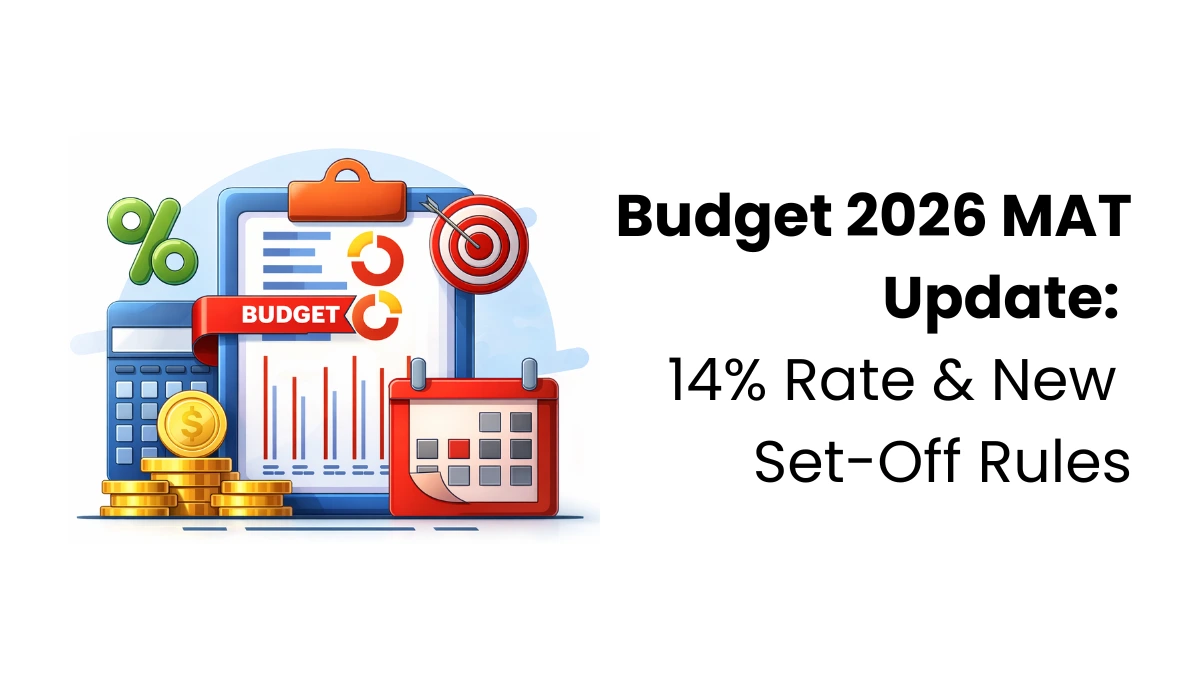Running a business means handling many tasks. In addition to planning and managing finances, you must focus on taxes and follow the rules. Pay careful attention to new tax laws and compliance details to keep your business financially healthy.
Types of New Tax Laws for Businesses
Income tax is one of the central taxes businesses must pay. This tax is about their profits, which are incomeless expenditures. It’s to the extent of the tax rate the business is to pay for, as well as the available deductions and credits.
Higher-income taxes reduce a business’s returns on investment, capital for expansion, and shareholders’ funds. Individuals, and especially entrepreneurs, are always keen on cost control and how to apply allowable deductions and credits to their tax law updates computation.
Sales Tax
When sold, sales tax is charged on goods and services, and the rate can vary by location. You can utilize an online calculator to determine the sales tax amount easily. Businesses need to collect and pay this tax to the government. If the sales tax is higher, it might reduce how much customers spend and lower the demand for your products or services.
Payroll Tax
Payroll tax is computed from employee wages and is used to support programs such as Social Security and Medicare. This tax applies to the cost of staffing, meaning that it plays a role in determining the employment organizations offer and the wages given.
Property Tax
Property taxes are new tax laws charged on real estate and sometimes on personal property owned by businesses. Higher property taxes can increase a business’s costs, especially if it owns much property.
Excise Tax
Excise Tax applies to specific items like alcohol, tobacco, gasoline, and luxury goods. Businesses that produce or sell these items may face higher costs due to the tax. This can affect their pricing and influence customer demand for their products.

Things to Consider While Tax Filing
Deadlines and Extensions
It’s important to file your taxes on time. Know the key dates for different taxes and how to apply for an extension if you need more time.
Keeping Records
Good record-keeping is crucial for filing taxes. Keeping detailed and organized records of your income, expenses, and transactions helps you stay compliant and calculate your taxes accurately.
Deducting Expenses
Using deductions wisely can lower your tax bill. Learn about common business expenses you can deduct and how to make the most of these opportunities.
Getting Help from Tax Experts
Tax professionals, like accountants or tax advisors, can provide useful advice and help you handle your taxes more effectively.
These are some of the important things to consider while filing. To know more about the processes, joining accounting tax courses will give you more knowledge.
Steps to Keep Tax and Compliance Processes Smooth
Let’s read about how to manage new tax laws smoothly;
Set Up a Good Record-Keeping System
Good record-keeping is essential for smooth tax and compliance management. Tools can help you easily organize invoices, receipts, and financial transactions, simplifying the tracking of expenses and income.
Do Regular Internal Checks
Regular internal checks help you find and fix potential issues before they become problems. The reports can help you review your financial data and transactions regularly, allowing you to quickly spot and correct any mistakes.
Stay Updated on Tax Rules
Tax rules are constantly changing. Stay informed to avoid fines and stay compliant. Check trusted sources regularly for updates and adjust your strategies based on new tax information.
Work with Tax Experts
Tax professionals and consultants provide valuable help with your tax and compliance needs. They offer advice tailored to your business and ensure accurate reporting and adherence to rules.
Tax Mistakes to Avoid
As a business owner, watch out for common tax mistakes that can seriously impact your business. These new tax laws include:
- Not keeping accurate records
- Missing tax filing deadlines
- Ignoring state and local tax laws
- Underreporting income or overstating deductions
These errors can lead to penalties and legal problems. Tax avoidance schemes should also be avoided, and workers should be correctly identified as employees or independent contractors.
Understanding and handling taxes and compliance are crucial for the company’s success. Addressing common issues like tax deadlines, employee classification, and data security can help you stay legal, avoid penalties, and keep your business running smoothly.
To learn more about handling taxes, joining the best accounting courses online will help one acquire more knowledge in the accounting sector. Finprov offers an Income Tax course to both graduates and professionals. Our Income Tax course covers essential topics, including the main income categories, tax frameworks, old and new tax schemes, basics of TDS & TCS, important deadlines, penalties, and record-keeping. Practical training is provided after each topic, giving learners hands-on experience and a better understanding of the concepts.










